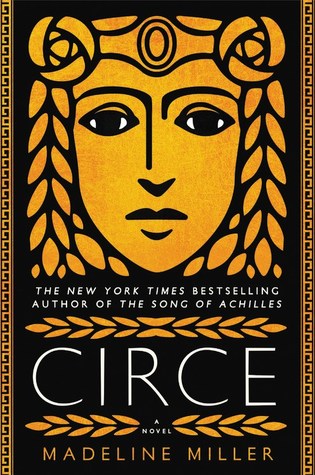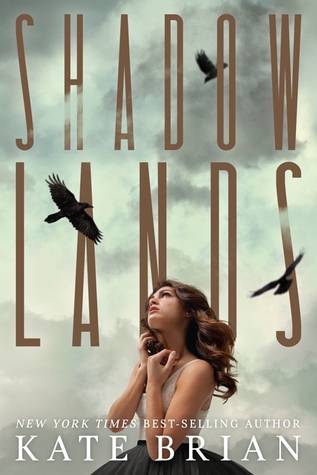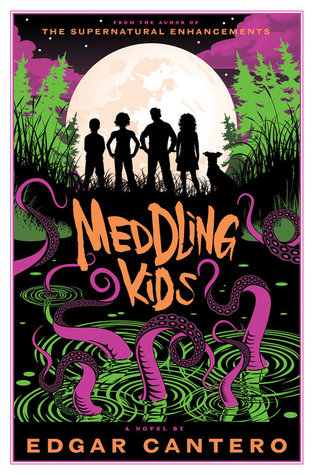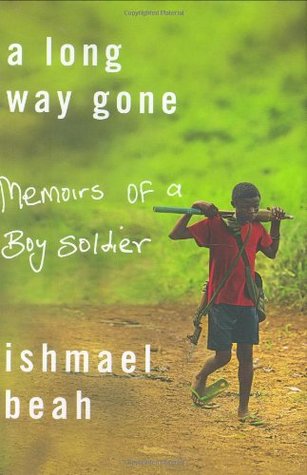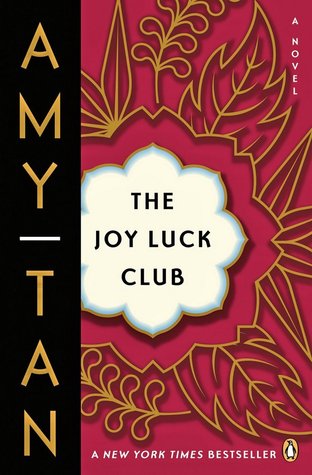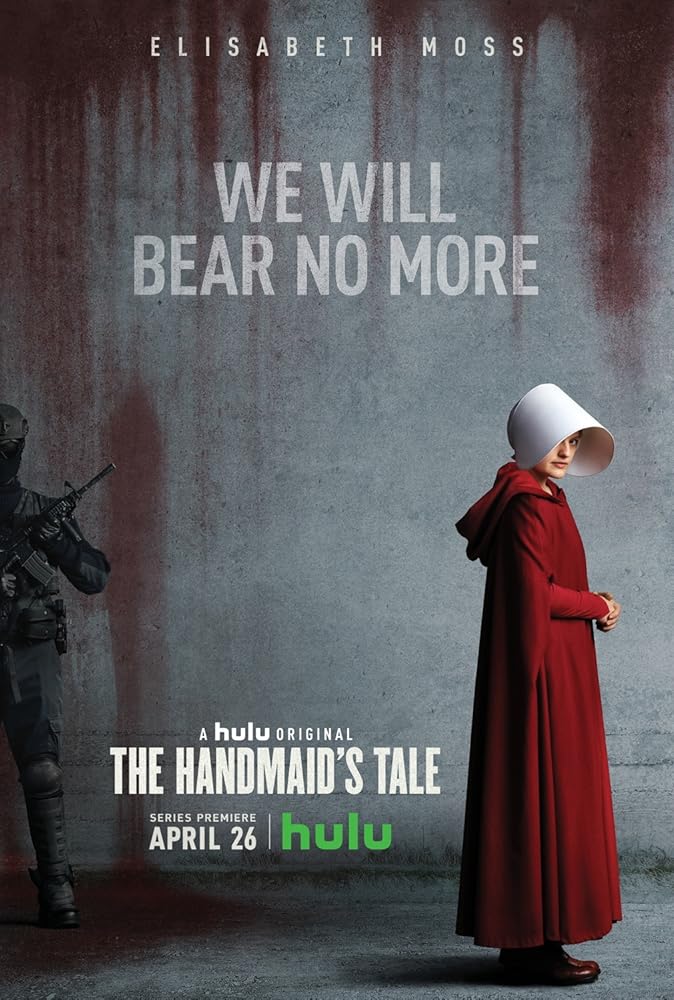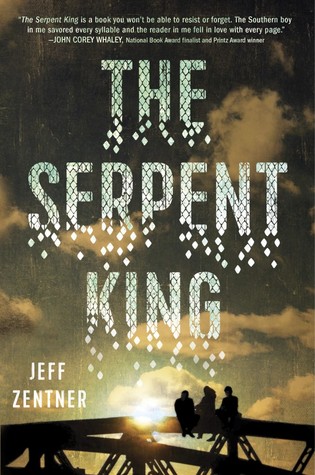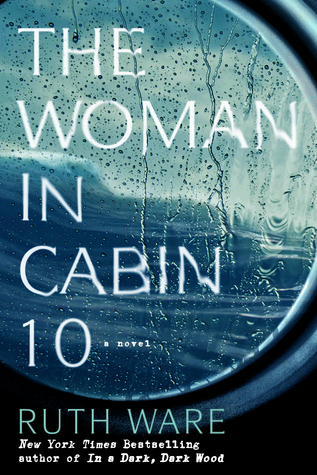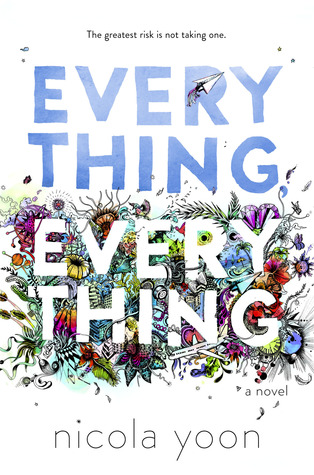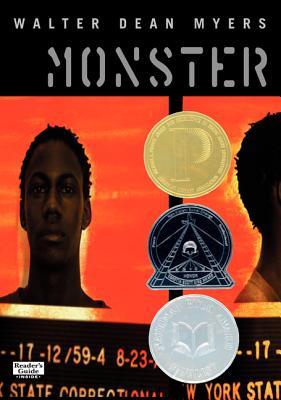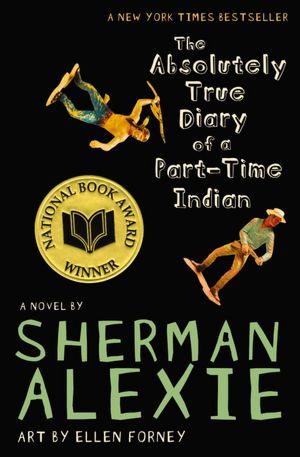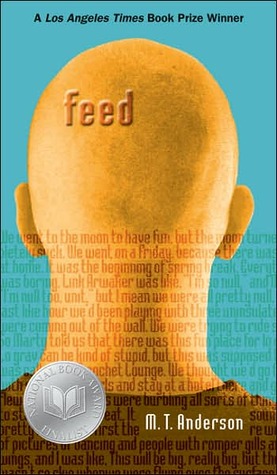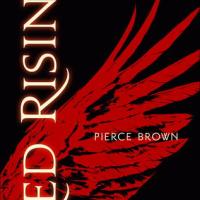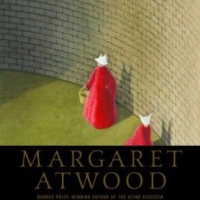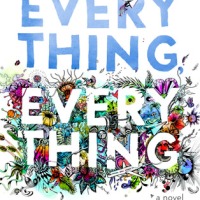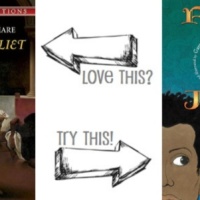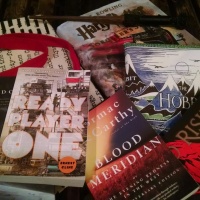What a beautiful respite from my reading slump! Of course, after my long trek through the desert of boring books, I was over-thirsty for quality and, thus, finished Madeline Miller’s Circe in a few days, so now I’m back to square one. What will I read now?
Hannah finished Circe before I even received it and texted me a few afterthoughts; it sounded like she was somewhat underwhelmed, but I was adamant that I would go into it as a “blank canvas” and let it paint all over me. I was not disappointed.
In the house of Helios, god of the sun and mightiest of the Titans, a daughter is born. But Circe is a strange child—not powerful, like her father, nor viciously alluring like her mother. Turning to the world of mortals for companionship, she discovers that she does possess power—the power of witchcraft, which can transform rivals into monsters and menace the gods themselves.
Threatened, Zeus banishes her to a deserted island, where she hones her occult craft, tames wild beasts and crosses paths with many of the most famous figures in all of mythology, including the Minotaur, Daedalus and his doomed son Icarus, the murderous Medea, and, of course, wily Odysseus.
But there is danger, too, for a woman who stands alone, and Circe unwittingly draws the wrath of both men and gods, ultimately finding herself pitted against one of the most terrifying and vengeful of the Olympians. To protect what she loves most, Circe must summon all her strength and choose, once and for all, whether she belongs with the gods she is born from, or the mortals she has come to love.
Now, I am rather well-acquainted with Circe as a character from Homer’s The Odyssey, which I teach to freshmen every year. I went into this reading hopeful that it would contain something I could incorporate into this year’s unit (more on that in a bit), but due to my recent bad luck with books, my number one goal was to read and be entertained, to enjoy a book as I haven’t done in a while, regardless of academic application potential.
I loved this novel. The story was narrated from Circe’s 1st-person perspective and felt almost like sitting by the fire listening to story time. She was looking back on her life and telling her story to an anonymous audience (me!) and occasionally interjected her past story with musings about how naive she was or how later she would think differently. Due to these brief snaps back to the “present” story time, the vibe of the book was easy-going and familiar, which made it all the more enjoyable.
Considering the fact that most people only know Circe as a witch and temporary love stop on the Odysseus Express, imagine my surprise when the emotions and relationships weren’t 50 Shades levels of cringe. Mythology is fascinating, so we all roll our eyes and shrug at the unhealthy relationships and mistreatment of women, as though they’re just as unbelievable as gods wielding thunderbolts or six-headed sea monsters, but the truth is that misogyny seems to have weathered the test of time in a way that gods and monsters didn’t. I give 100% credit to Madeline Miller for her interpretation of Circe’s story, as well as her story-telling ability. Instead of relating every detail of each copulation session (be it willing or forced, so yes, be trigger-warned), she implies and leads the reader to understand what’s happening, but dedicates her time to the why.
The Odyssey presents Circe as a witch who transforms men into pigs because it pleases her and only Odysseus could outsmart her, changing her heart of stone to typical female emotional mush. FINALLY, Circe is portrayed as an individual, whose life was difficult and complicated long before Odysseus came along and made it more complicated. She is given a why. Why transform the men? Why be there waiting for him? Why be so enamored by a turd like Odysseus? Like all women, Circe is a complicated being and she existed outside of her connection with literature’s most well-known “hero” for centuries. Homer wrote The Odyssey around 800 B.C.E., so we’ve known one side of the story, the male’s perspective, for almost 3000 years. Let’s hear HER side of the story!
Okay, I can feel that I got on my soapbox there. The point was to say that depending on how deep down the Mythology rabbit hole you’re known to go, anywhere between a little to a lot of this novel will be yesterday’s news to you. Spoilers aren’t really that big of a threat, since we know how it will end, generally. However, the refreshing and necessary thing about this novel is that we are given insight into the thoughts, feelings, and motivations of an ancient woman.
So, from what I’ve seen, people have disliked this when they aren’t fans of historical interpretations. Again, this is a tale as old as time, but Miller’s work came from embellishing stories and creating a new perspective. Some times, her embellishments stray from the original and a lot of hard-core mythology junkies reject any creative license. For instance, in The Odyssey, Odysseus is given moly by Hermes, he eats it, drinks Circe’s potion, and is not transformed, thus beguiling her with his “power.” It doesn’t go that way in Circe and I could be mad about it and be all “look at me; I’m so smart; I know the original; this is wrong; I’m right” but what’s the point in that? It’s no fun to be such a know-it-all that you can’t enjoy anything but the original. Chill.
The other thing about that divergence from the original is that it must exist for a reason! That is one of the most well-known plot points; anyone can point it out (so calm down, know-it-all’s), so why would Miller change it? The new version must serve a purpose in telling the audience more about Circe. This is where my mind swaps from Lindsay, the “for fun” reader, to Mrs. C-T, the critical reader. The wheels were turning nonstop towards the end of the novel, to the point where I had to get out some post-its so I could refer to important excerpts later. Here are some teachery thoughts that are still mulling and taking shape in my pre-planning mind (we won’t get to our Odyssey unit until November, so I have time to hammer out details). However, I must say that these sort of critical reading thoughts and questions do not exist exclusively in a classroom; anyone can read, but it is an entirely different skill to read critically, allowing texts to tap into your mind beyond surface-level enjoyment. Even if you are not a teacher or student, even if you don’t enjoy when this reader blog crosses the line over to a teacher blog, I encourage you to take a look at the questions posed below. You don’t have to be a student to continue to challenge your thinking. Now, to the musings:
- Read Book 10 of The Odyssey and then read the excerpt of their meeting from Circe. Consider how the two main characters’ vices and virtues are shifted and challenged with the difference in narrative. How are the narrators biased? Which story do you believe? Why? How are you biased?
- Our textbook does not include Book 11 (Odysseus’ trip to the land of the dead) but I think it is interesting/important. Last year I just did story time for missing sections and I’ve asked my department chair for a class set of Gareth Hinds’ graphic novel, but if those options fail or fall short, I can use the excerpt from Circe where she gives him guidance.
- This one is exciting: include our article about PTSD to read after Odysseus comes home and he and Telemachus slaughter all the suitors and “unfaithful” servants. Also, include the excerpt where Telemachus talks about what Odysseus was like when he came home. Is it human nature to hope “they all lived happily ever after”? Why do so many stories lack falling action and end after the climax? What do you think life was like for Odysseus/Penelope/Telemachus after his return? Why? How does Telemachus’ account support or challenge that?
- Include excerpt of Margaret Atwood’s The Penelopiad, specifically including the Chorus from the servant maids Odysseus killed. Then, include excerpt from Circe that gives Penelope’s account of Odysseus’ return. Why is it so unbelievable that Penelope and Circe would meet and interact so positively? How are readers of The Odyssey led to believe these women would treat each other? How does Penelope’s account shift your perception of Odysseus? Recall how Odysseus portrays Penelope in The Odyssey: how does Penelope’s portrayal of Odysseus in Circe and/or The Penelopiad compare/contrast? How do these characters show bias?
- After completing the epic, discuss whether Odysseus is a hero. Further discuss whether he fulfills the steps of Joseph Campbell’s Heroic Journey. Can one fulfill the steps but fail to be a hero? Can one be a hero without being “heroic”? Include an excerpt from Circe where Telemachus talks about Odysseus’ life and legacy. Does the inclusion of personal experience and opinion alter your perception of Odysseus’ heroic status? How could it be biased? Can one determine heroic status without the inclusion of personal accounts?
As you can tell, I LOVE to include various perspectives in my classroom. I know that it is human nature to form opinions and, sadly, some people spend more time building their own opinions by ignoring or attacking the opposition and stacking up supporting arguments than by exploring and engaging those adverse opinions in constructive discussion. It is my goal that students learn to explore the opposition as much as their own side, challenging their own biases as well as those of others, and building informed, malleable opinions. Circe will undoubtedly help me work towards this goal.
Hope you enjoyed this and I’d love to hear any and all thoughts!

